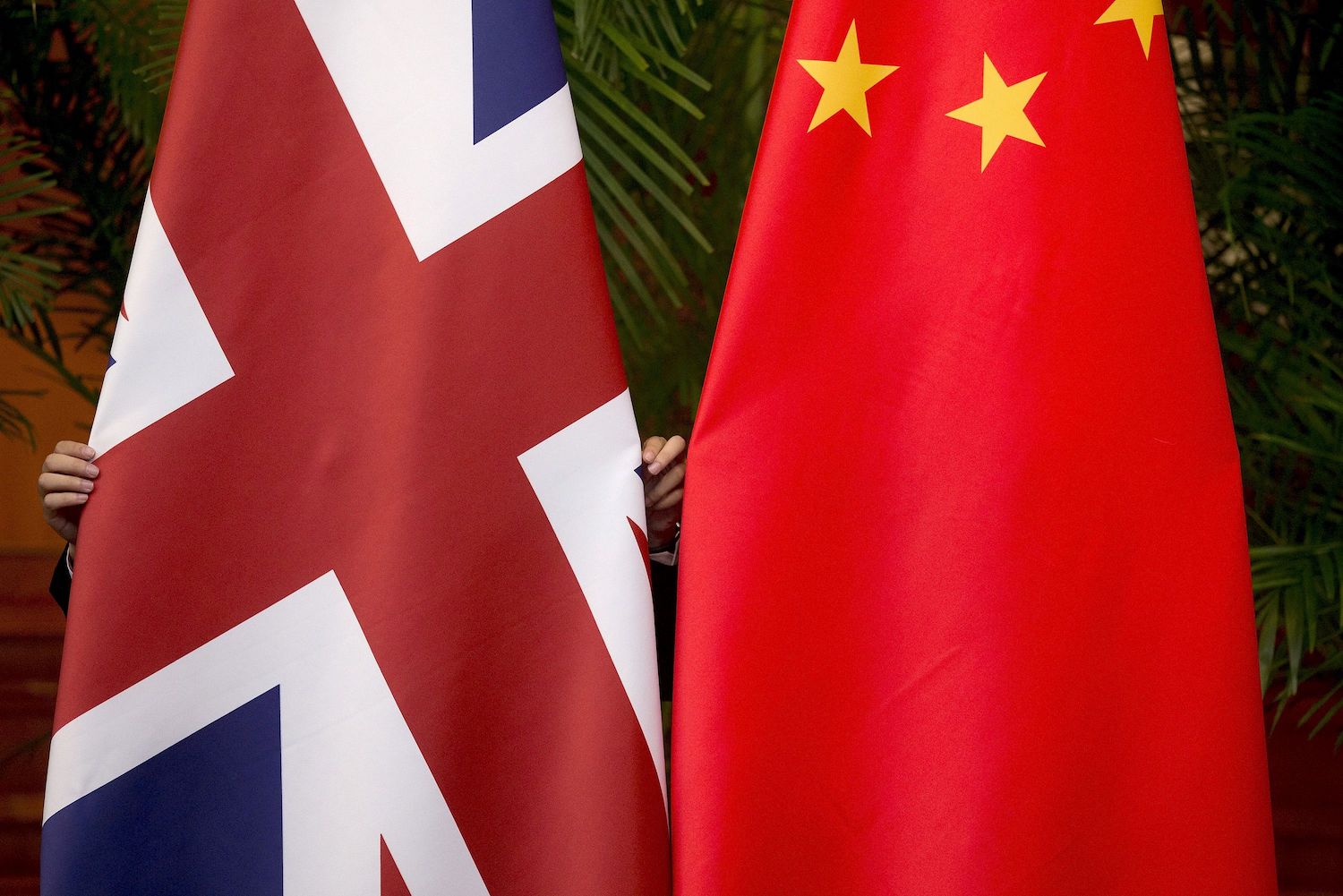The UK has posted a notice announcing a decision to block the transfer of cutting-edge vision technology to China, saying the deal posed a national security threat.
The University of Manchester had signed a deal with Beijing Infinite Vision Technology Company to license advanced SCAMP-5 and SCAMP-7 vision processing technology for further development, testing, manufacture, use and sale.
The nature of the technology triggered a national security review under the National Security and Investment Act 2021.
ALSO IN AF: Italy Blocks Technology Transfer to China
After the review, Secretary of State for Business, Energy and Industrial Strategy Kwasi Kwarteng determined the technology has dual–use applications and that there is potential the technology could be used to build military capabilities which pose a national security risk to the UK.
A SCAMP vision sensor does not output regular images as most sensors do, but rather the results of sensor analysis that provides details of what the sensor is seeing, according to the University of Manchester.
This means it can do much more and deliver more valuable information. The technology is used in advanced applications in areas such as robotics, virtual reality, vehicles and surveillance.
- Neal McGrath
See also:
Italy Blocks Chinese Company from Taking Over Chip Firm
Italian Court Upholds Veto on Chinese Purchase of Seed Producer
EU plans to take on US and China for semiconductor supremacy
























